Already taken piano lessons?
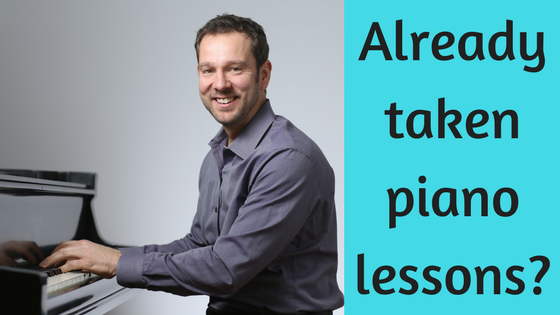
A mom recently asked me:
I’m a mom who has had kids who have taken a couple (2-3) years of private lessons already, is Homeschool Piano going to be a benefit to me? What if they’ve had a few (5-6) years of lessons? – Debra
The quick answer is YES, HomeSchoolPiano will be of great benefit to you and your children!
See, typical private piano lessons focus solely on technique and reading music and leave it up to the student to learn improvisation on their own. This works fine for students for a while, but at some point students get bored playing only classical music. Before teaching online my private piano studio was filled with students who came from other teachers because they wanted to play stuff they knew. These students (and most of the students I teach) are interested in playing something at the piano that sounds good to their ears and is…fun!
The HomeSchoolPiano 6-step cycle includes the technique and reading you’d typically find in traditional piano lessons. However, you’ll also notice that students also focus their attention on rhythm, ear training, songs and improvisation.
Each of the 6 units of the three HomeSchoolPiano books cover all 6 elements of our learning cycle. This means that students learn how to develop their ear, read music and create their own music and improvisations in every unit.
- CorePiano™ is for the absolute beginner pianist
- Book 1 is for beginners, maybe brushing the dust off and coming back to piano
- Book 2 is for beginner to intermediate level students (starts incorporating more complicated concepts, songs and improvisation ideas)
- Book 3 is for intermediate students (toward the end of this book we are getting into concepts like syncopation, voice leading and more advanced scales for improvisation)
Since Debra’s kids have a few years of piano under their fingers, I would encourage them to move between the books. For example, if they already know how to read music, then maybe they do the rhythm, ear training and improvisation parts from Book 1 and 2 while using book 3 for their reading.
The program is designed to allow maximum flexibility for students to move between lessons while gaining an enormous amount of piano skill. This lets students find an approach that works best for them.


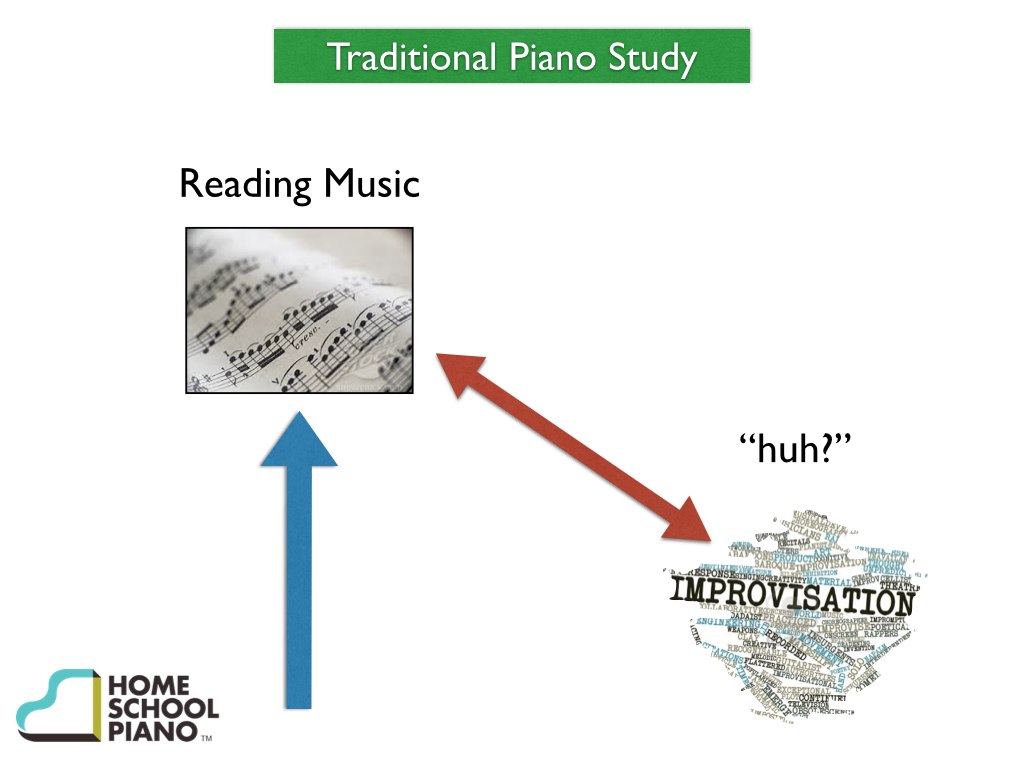
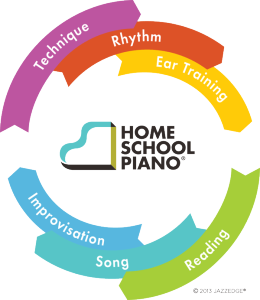
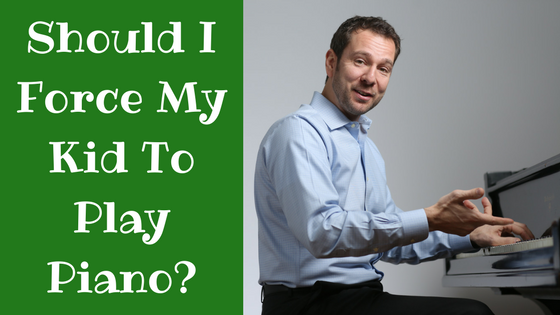
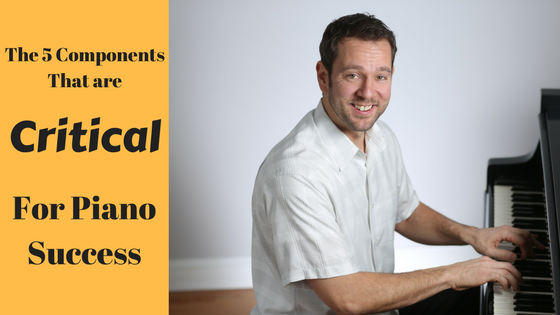
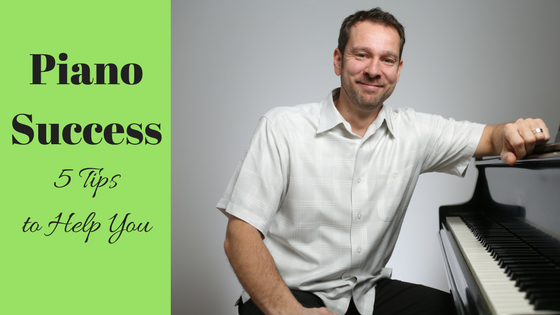
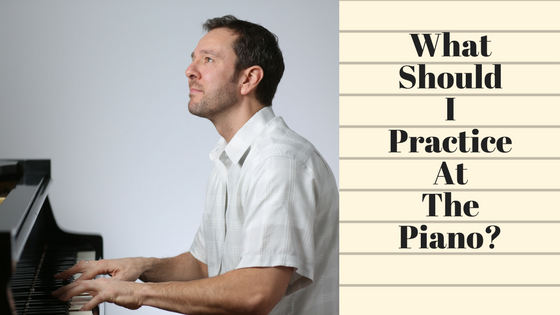
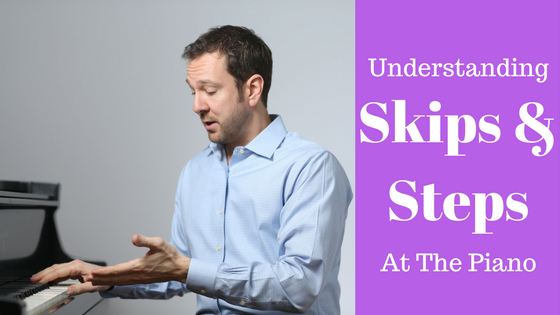
Responses